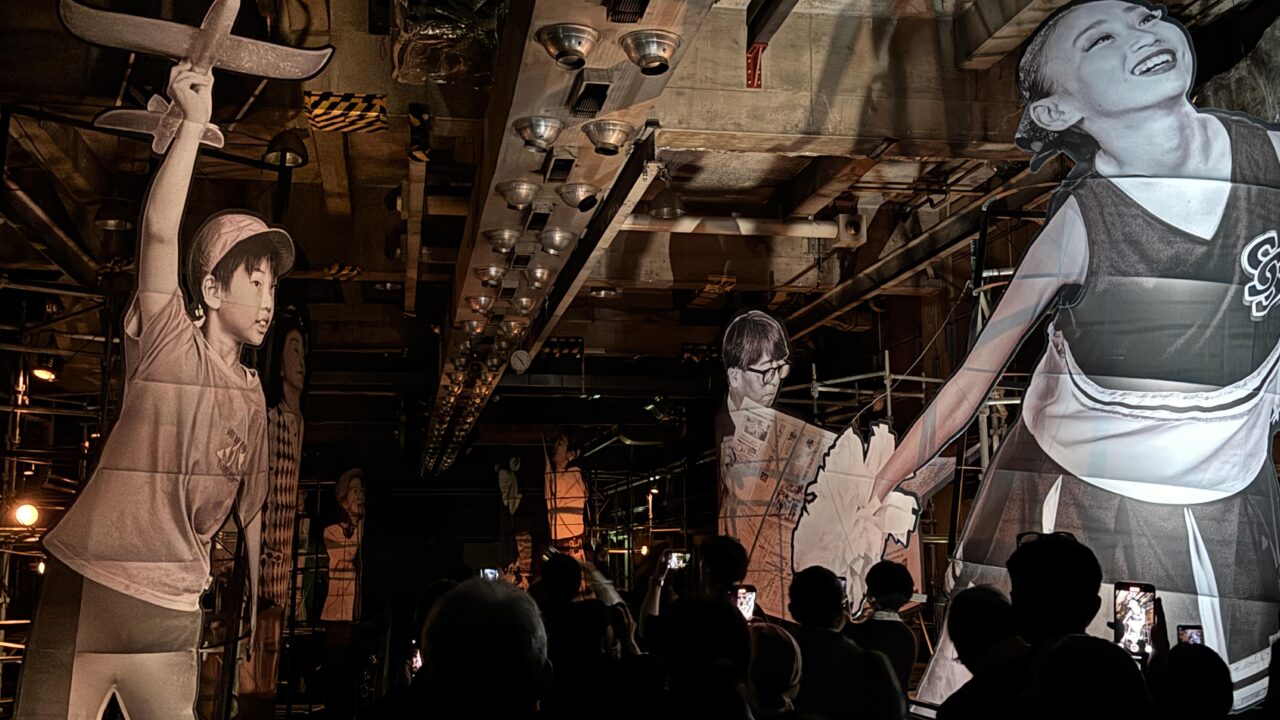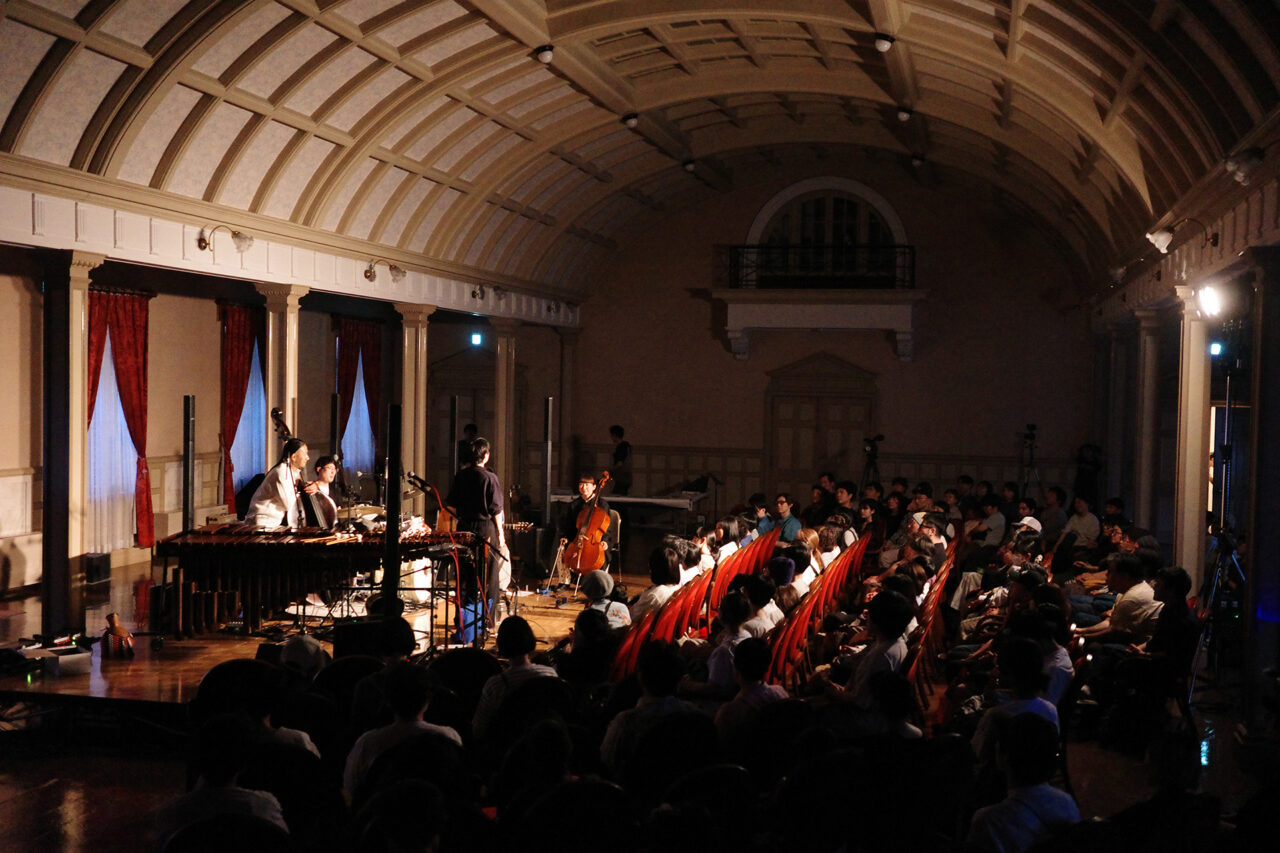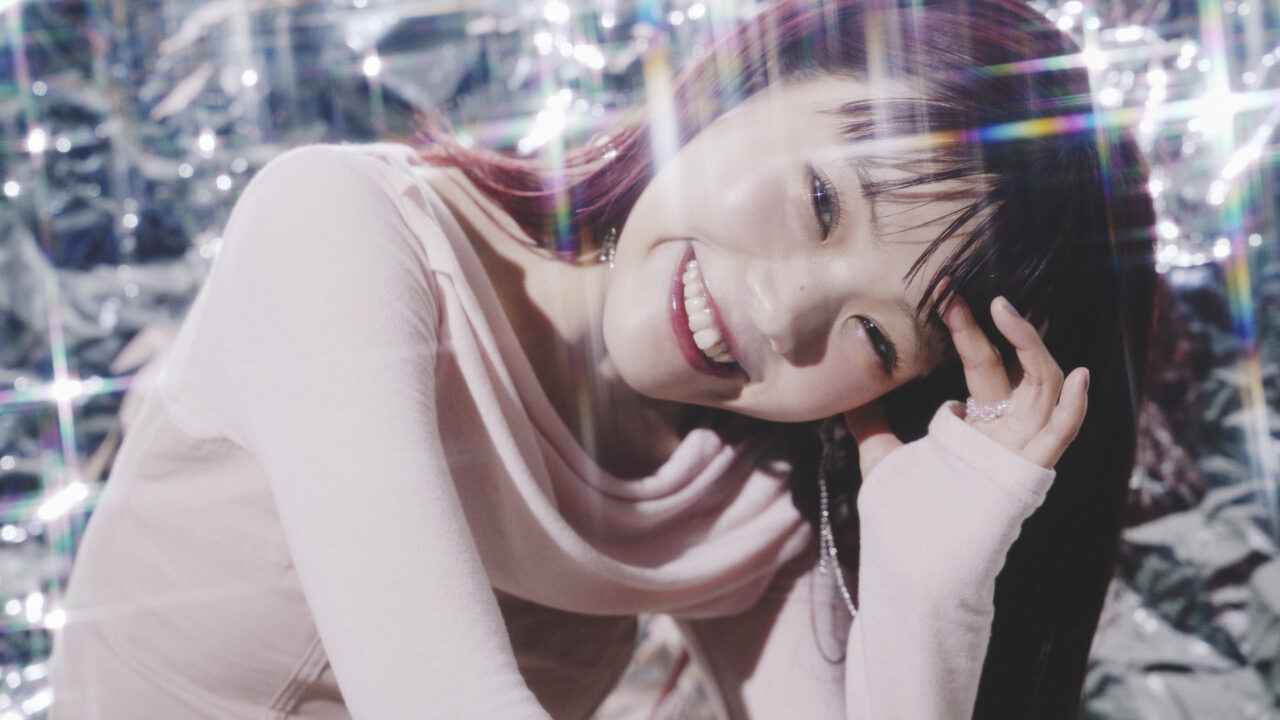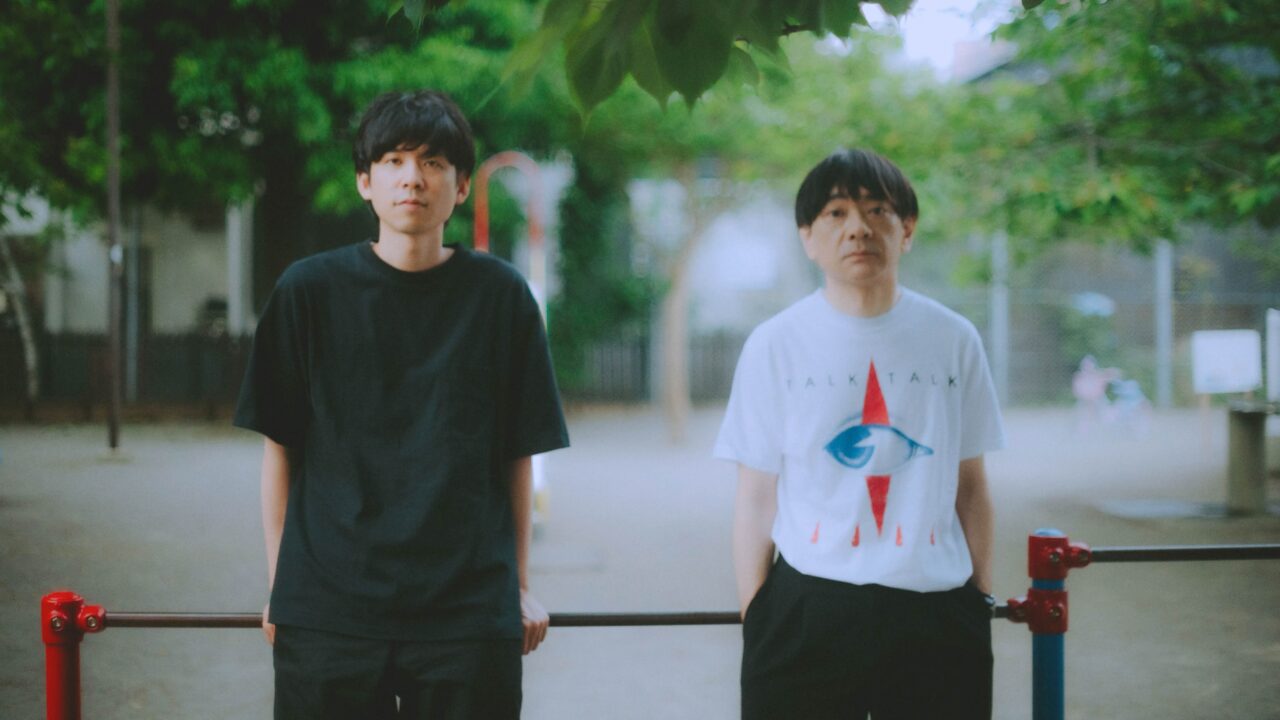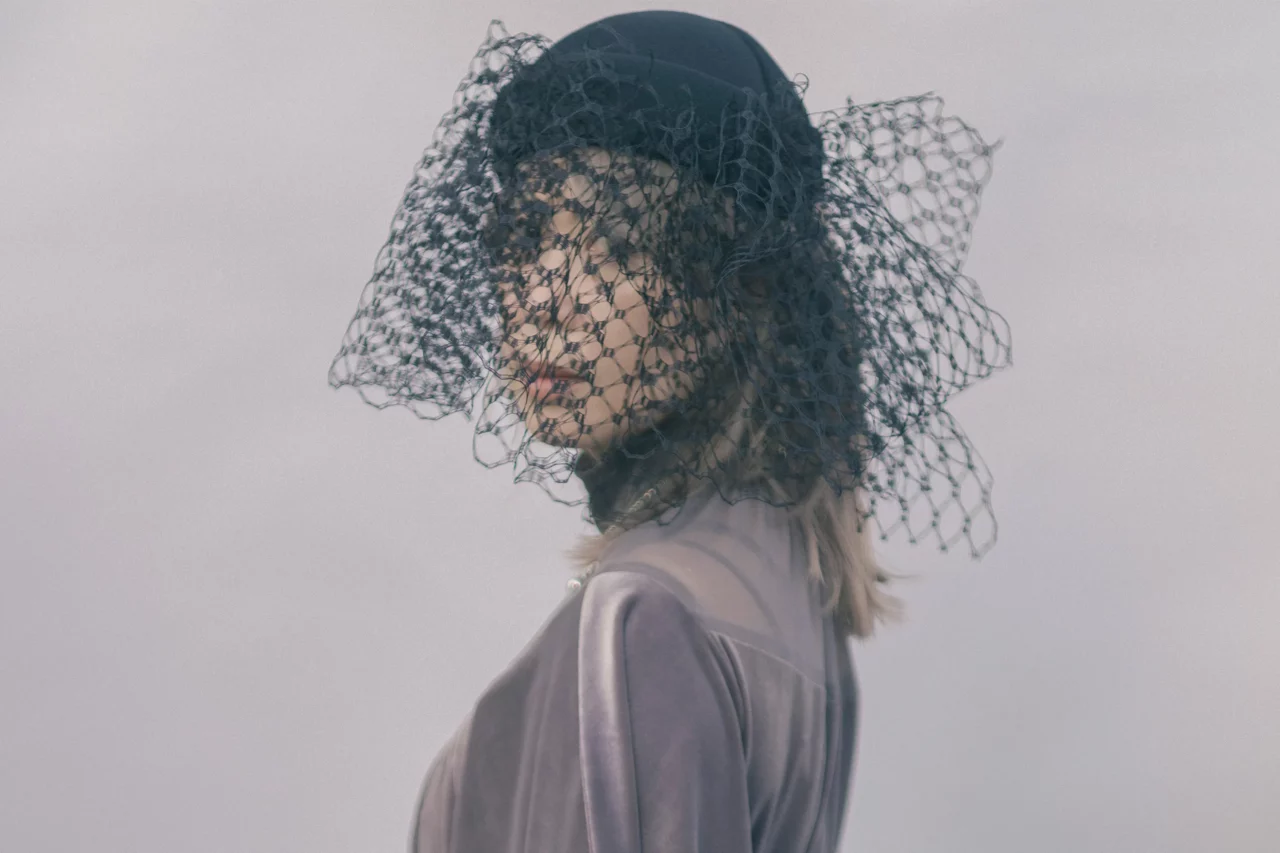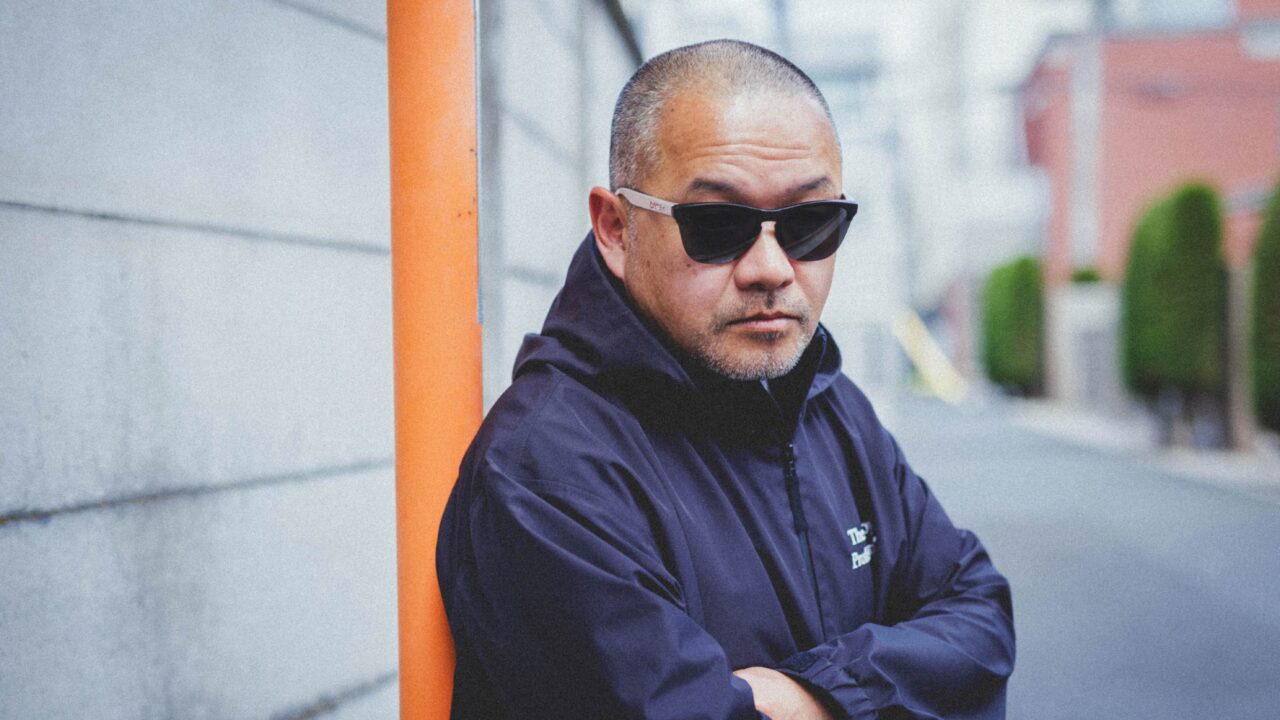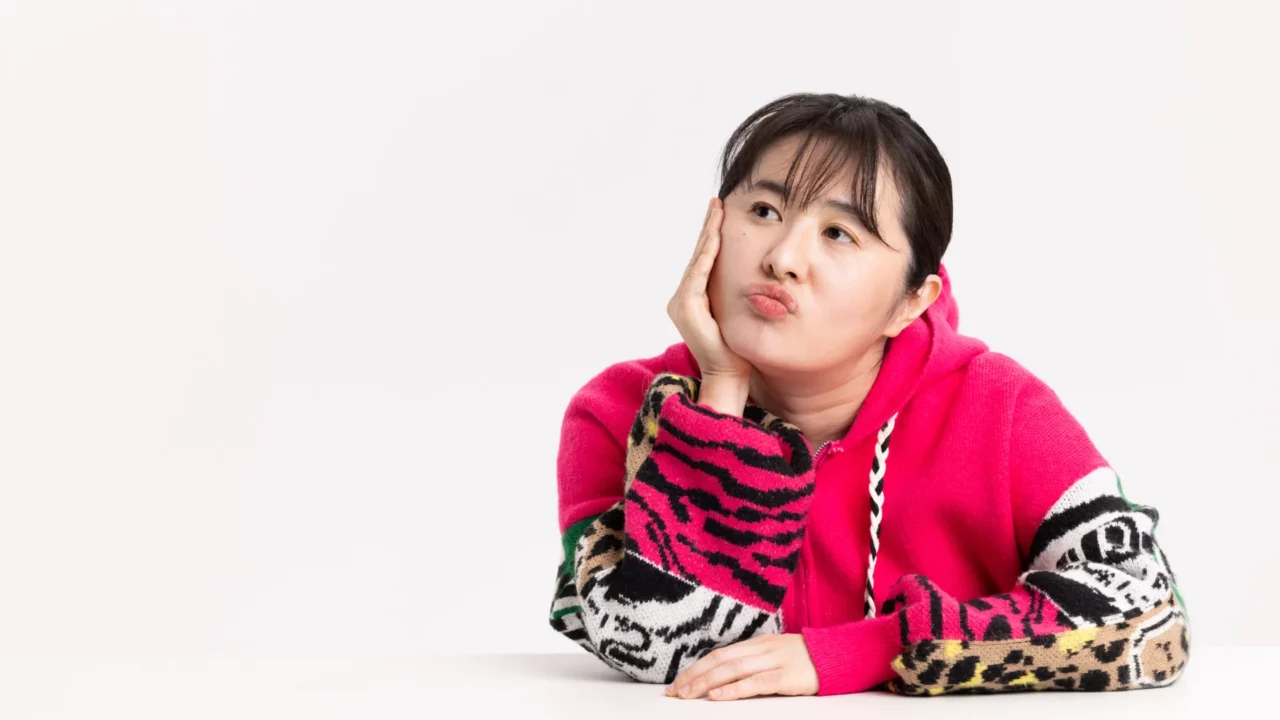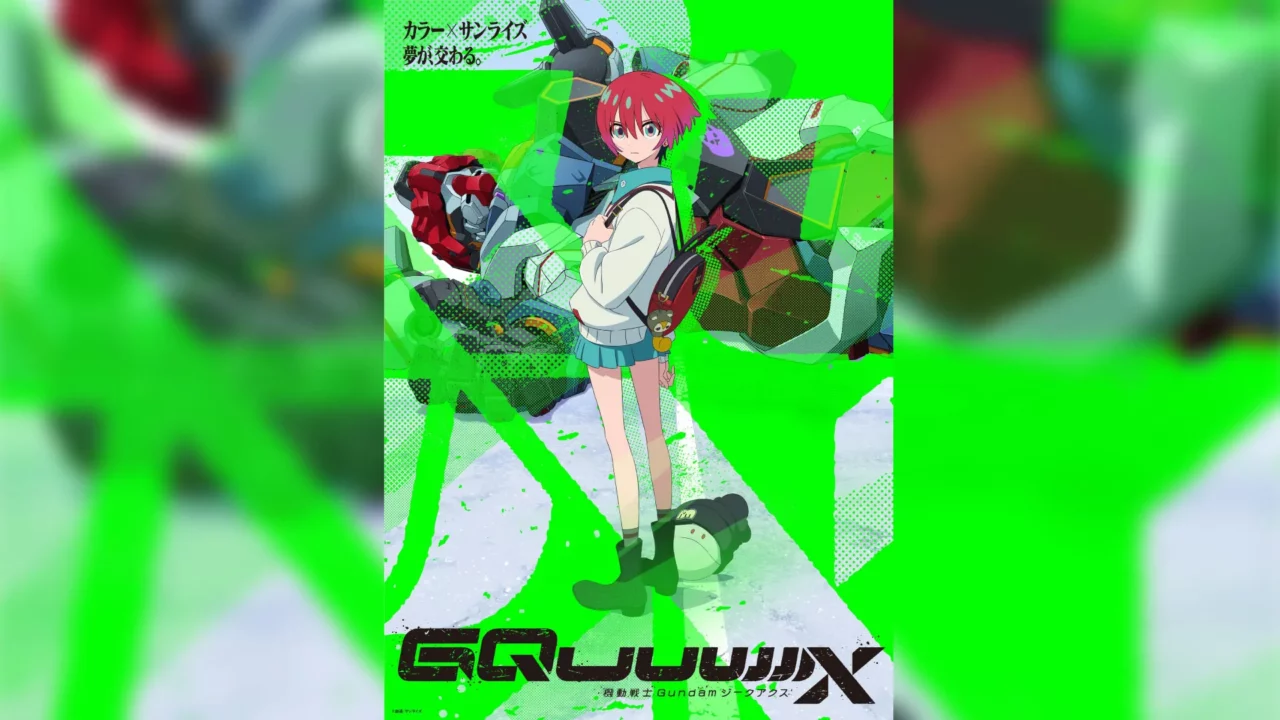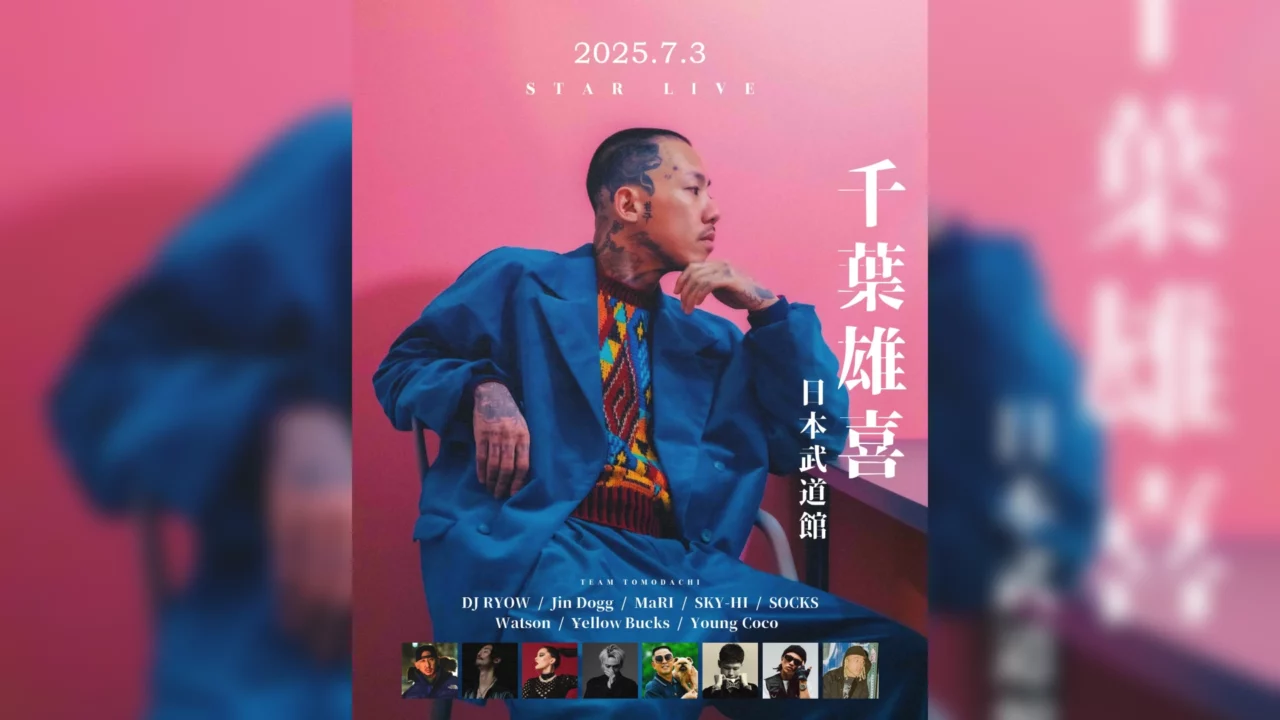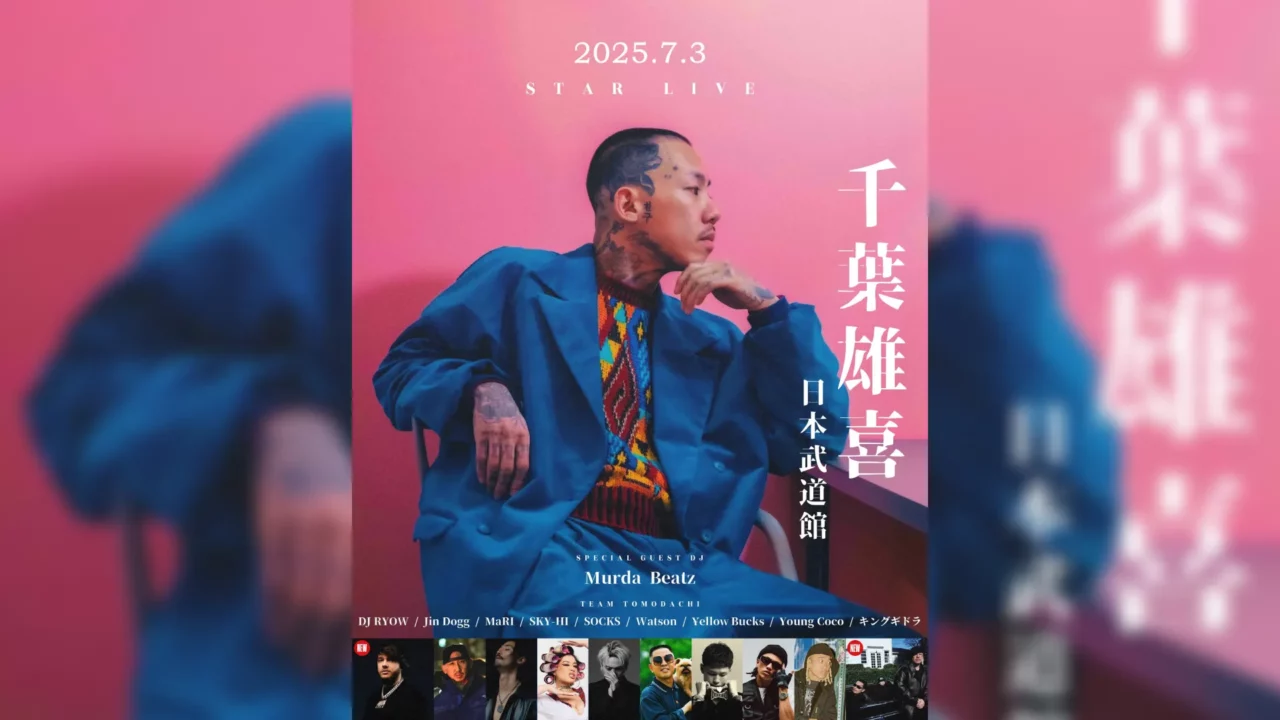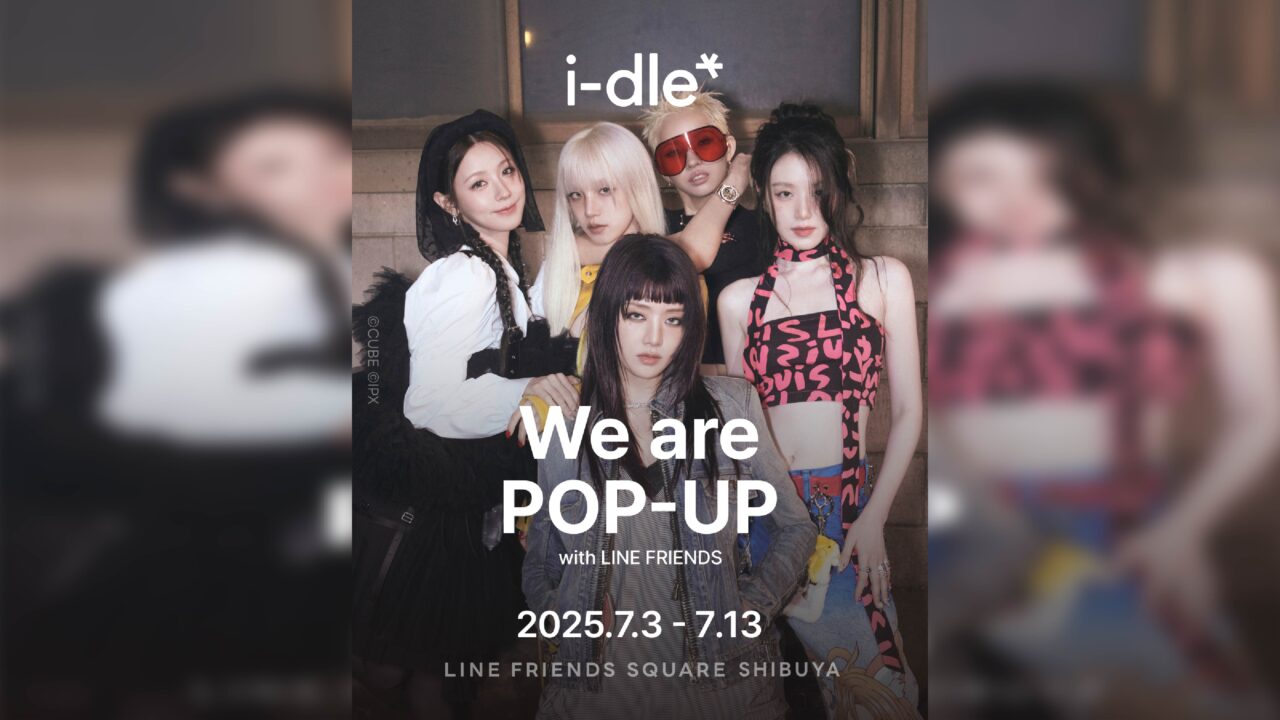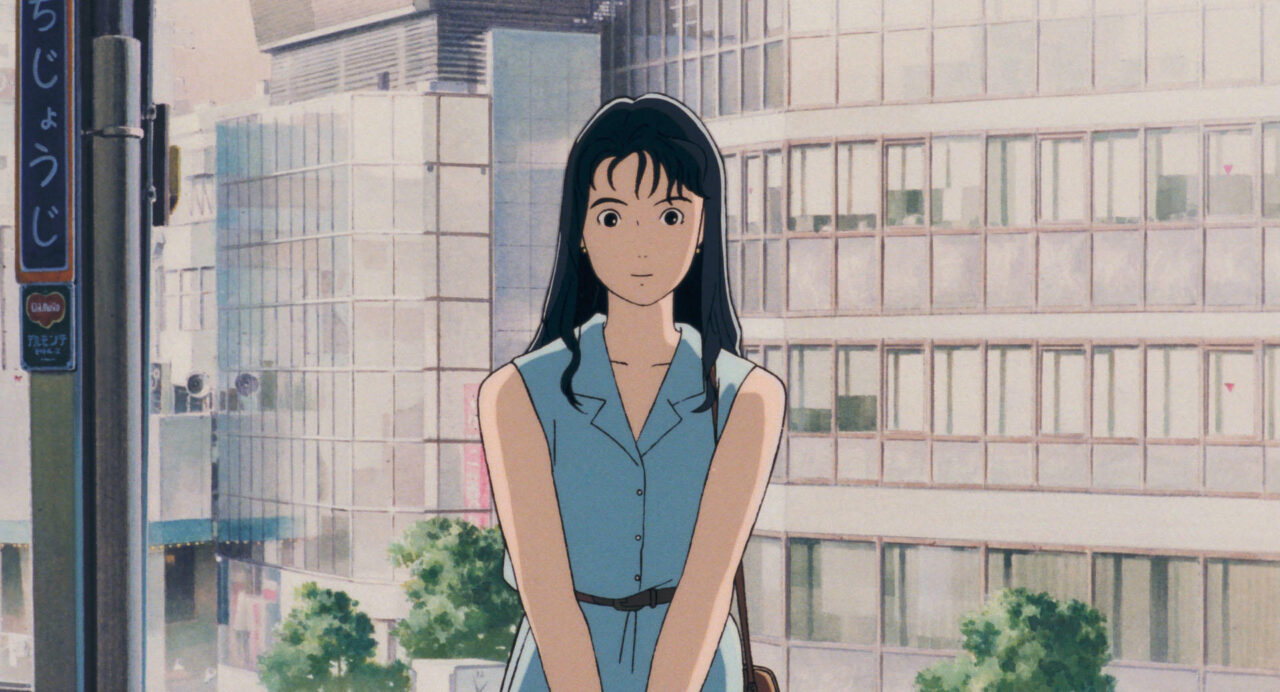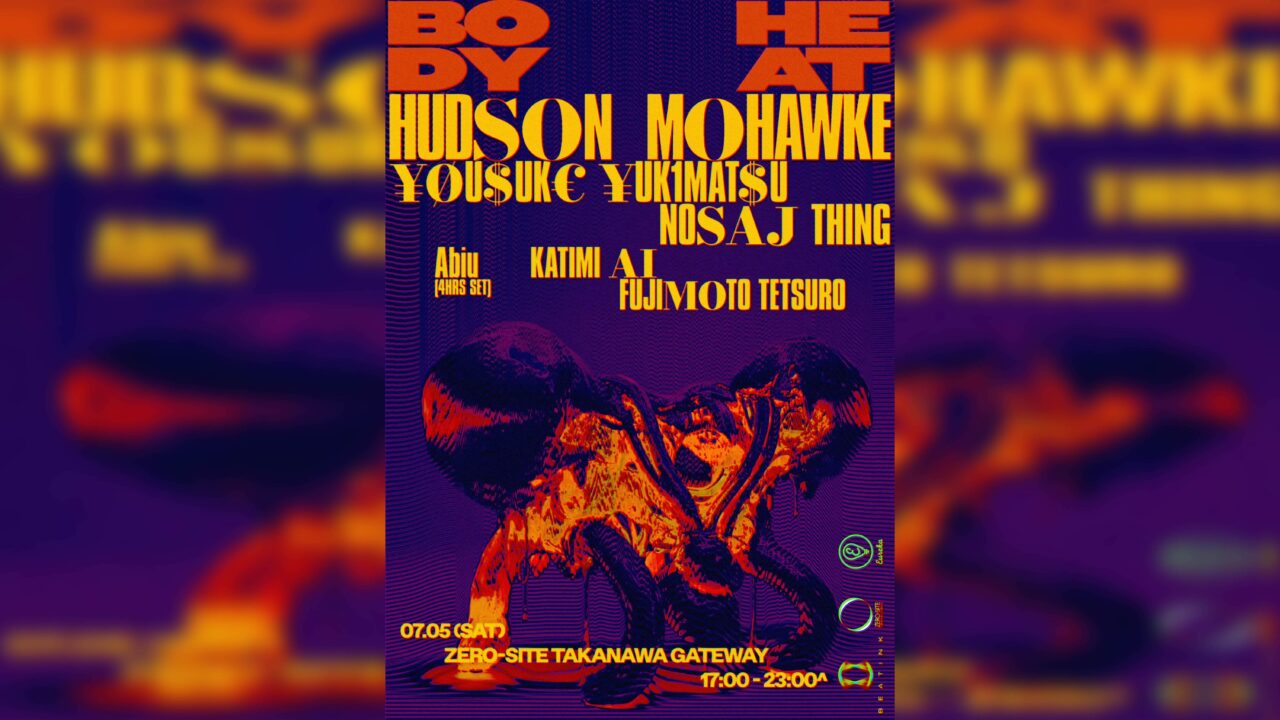Hirofumi Kurino, a leading authority in the fashion world, delves deeply into the theme of “Alternative Values in Contemporary Fashion” in an expansive 10,000-word interview (find the first part here).
In the second installment, Kurino expands the conversation to explore the dynamic interplay between fashion and art, the shifting industry trends in the wake of the pandemic, and the evolving significance of fashion itself.
Kurino makes “Beyond Elitism” a central topic, confronting the issues arising from capitalism’s grip on the fashion industry. In stark contrast, he highlights “coconogacco” as a vibrant alternative, where he finds a unique emotional resonance beyond traditional fashion shows. This perspective offers a fresh lens on the true essence of fashion.
Fashion often seems merely superficial and consumer-driven, but this article reveals its profound complexity and limitless possibilities. It’s an essential read for anyone passionate about or working in the fashion industry, offering deep insights into its past, present, and future.
INDEX
Fashion’s Anticipation of Art
-How do you perceive the relationship between fashion and art?
Kurino: I studied aesthetics during my four years in university, so I originally came from the art side. In the current art boom, where people are buying art as an investment rather than high-end clothing, there’s a cultural shift that I find somewhat resistant. Also, there’s a trend of fashion brands establishing corporate museums. While I don’t deny that successful owners or representatives creating museums or collecting art is akin to what royalty did during the Renaissance, I am a bit skeptical about branding approaches that equate fashion with art simply by using the term “art.” It can be seen as fashion’s way of looking to art for inspiration.
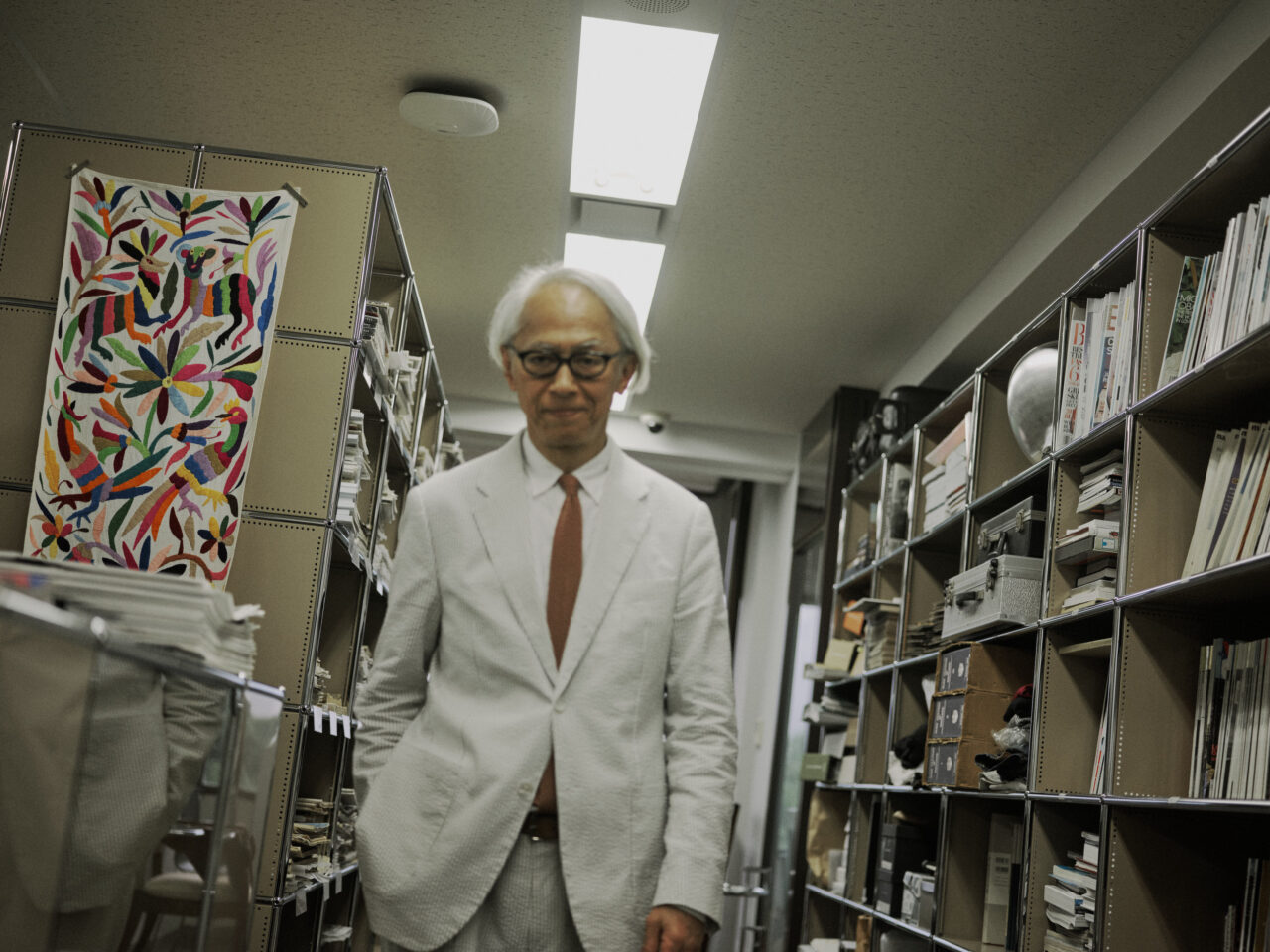
Born in New York in 1953, Hirofumi Kurino began his career in the fashion retail industry after graduating from university, working as a sales associate and brand director. In 1989, he co-founded United Arrows with Osamu Shigematsu and others. After serving as Senior Managing Director, Sales Promotion Manager, and Director, he became Chief Creative Officer. He has been a graduation examiner at the Royal Academy of Fine Arts in Antwerp in 1996–2002, 2009, and 2013. In 2004, he was awarded an Honorary Fellowship by the Royal Academy of Arts in the UK and was named one of the 500 people influencing the fashion world by BOF (Business of Fashion). Since 2014, he has been an external judge for the LVMH Prize.
–Are there aspects of the current fashion business that you find resistant?
Kurino: Through the lens of alternative approaches mentioned earlier, I feel that the luxury business may no longer be a crucial keyword in discussing fashion. While the luxury business operates with abundant funds, we need to consider the concept of “noblesse oblige” more deeply. This idea suggests that those in positions of privilege have a social responsibility to contribute to society.
At one time, there was a balance between the creative and business aspects of fashion within the luxury sector and among the wealthy, reflecting a sense of noblesse oblige. Indeed, the luxury brands from the 1990s to the 2010s that I found interesting often exhibited this balance. However, current trends and concept-driven creations seem to lack a certain comfort. The post-pandemic festival-like atmosphere in the fashion industry might ultimately reflect business aimed at a specific affluent audience or an escapist attitude prevalent in white society.





